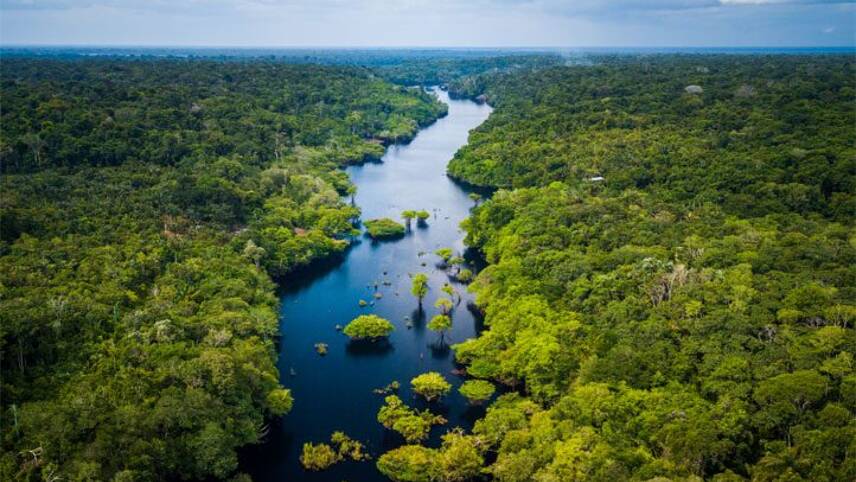Register for free and continue reading
Join our growing army of changemakers and get unlimited access to our premium content

Currently, more than 18,700 companies globally disclosed data on climate change through CDP, but only 8,700 disclosed any information related to biodiversity
During the Summit for a New Financial Pact held in Paris, Thérèse Coffey, the Environment Secretary, and French State Minister, Bérangère Couillard, revealed the UK-French Global Biodiversity Credits Roadmap.
The roadmap outlines a strategy to amplify global efforts in facilitating the procurement of biodiversity credits by companies and enabling a credible restoration of nature.
Biodiversity credits allow individuals and companies to invest in global environmental projects that contribute to biodiversity enrichment and nature restoration. These credits document the project’s location, developer, and include measurement and verification processes for transparency.
The UK-French Advisory Panel’s co-chair, Dame Amelia Fawcett, said: “With global extinction rates higher than they have ever been, and ambitious global targets to halt and reverse nature loss by 2030, the stakes have never been higher – and we need every part of society to play its part in helping fund Nature’s recovery.”
The biodiversity credits programme builds into global efforts to halt nature decline, as established at COP15, which was the Kunming-Montreal Global Biodiversity Framework (GBF) adopted late last year.
The framework establishes four long-term goals and 23 action-based targets, including preserving and enhancing ecosystem integrity, connectivity, and resilience, expanding natural ecosystem area by 2050, closing the $700bn annual biodiversity finance gap, and aligning financial flows with the Kunming-Montreal Global Biodiversity Framework and the 2050 Vision for Biodiversity. As reported by the UN, human activity has caused the rates of extinction for life forms encompassed by biodiversity to exceed past averages by more than 100 times.
According to a report from the Intergovernmental Science Policy Platform on Biodiversity and Ecosystem Services (IPBES), 75% of the world’s land-based environment, and 66% of its marine environment, have been impacted by human actions.
The Living Planet report from the World Wide Fund for Nature (WWF) in 2022 revealed that the global wildlife populations have declined by an average of 69% since 1970. The extinction of approximately 58,000 species annually is being driven by factors such as extreme weather events, deforestation caused by human activities, and the widespread use of chemicals in agriculture, as stated by the Institute for Public Policy Research (IPPR).
Failing to prioritise biodiversity protection can impact stakeholder demand and expose organisations to regulatory risks, such as licensing requirements and commitments to combat deforestation and safeguard biodiversity hotspots.
The Environment Secretary, Thérèse Coffey, said: “Mobilising finance is key to meeting the global goals set out in the COP15 agreement. Initiatives like the Roadmap on Biodiversity Credits launched today will help ensure private sector financing is leveraged to conserve and restore nature.”
Climate resiliency partnerships
Also at the Paris Summit, UK Minister for Development and Africa, Andrew Mitchell, announced that discussions have commenced between UK Export Finance (UKEF) and 12 partner countries in Africa and the Caribbean to incorporate Climate Resilient Debt Clauses (CRDCs) into new and existing loan agreements.
The UK previously declared at COP27 that UKEF would be the first global export credit agency to offer CRDCs in direct lending to low-income countries and small island developing states to allocate resources for post-disaster recovery.
The UK, along with France and Barbados, will call upon bilateral, multilateral, and private lenders to provide CRDCs by the end of 2025, with early adopters offering them by COP28 in November.
UKEF’s chief executive officer, Tim Reid, said: “The release of our template Climate Resilient Debt Clause is a watershed moment for the UK’s work in encouraging other creditors to consider similar provisions. With this, the UK continues showing its commitment to helping those countries most vulnerable to climate shocks respond to crises and disasters.”


Please login or Register to leave a comment.